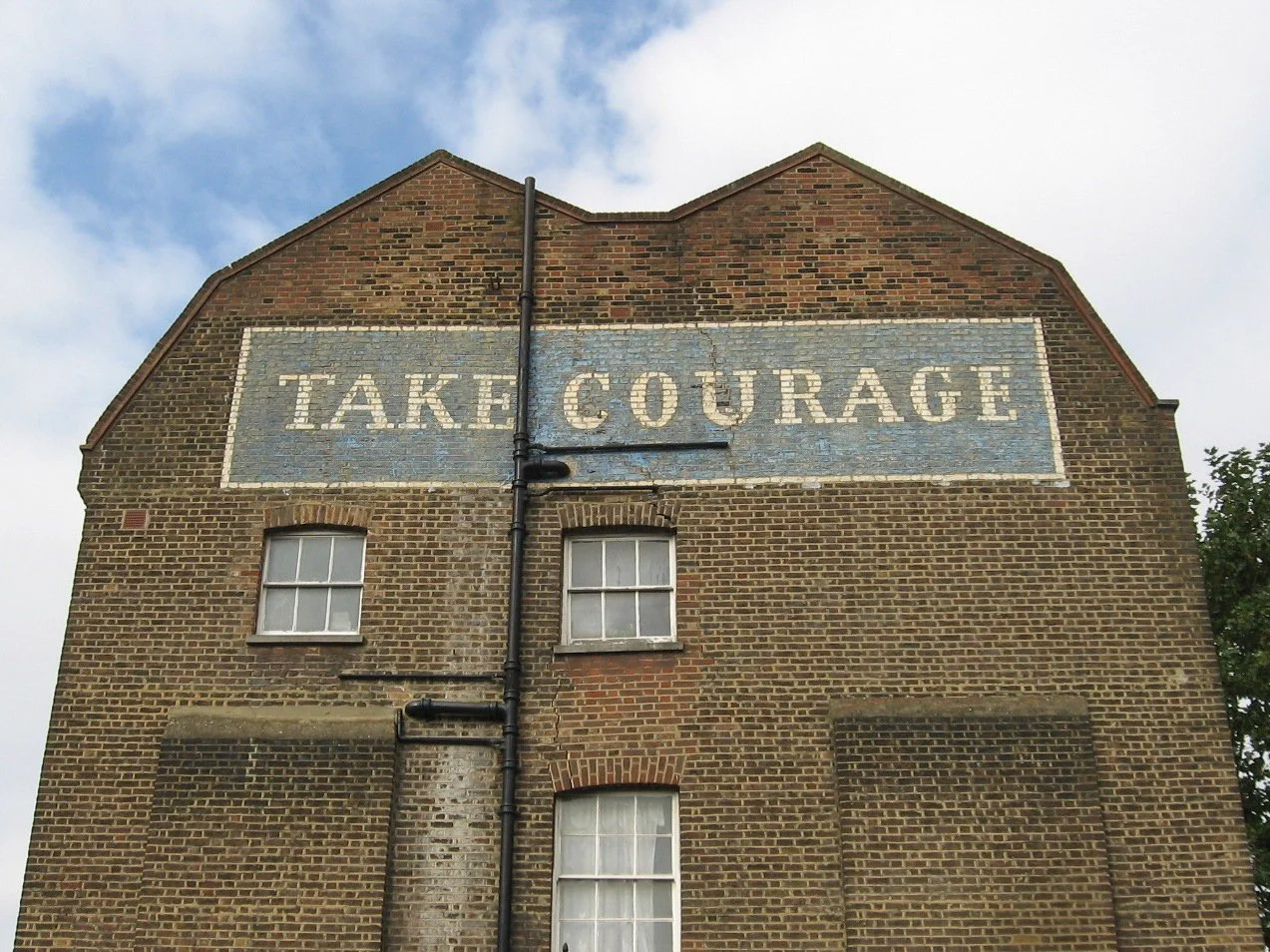Sometimes, good things trigger me. Receiving grace from an important person when I thought I fucked things up. Getting unexpected positive feedback on work I have done.
When I say "trigger," I don't mean set me off to act in explosive ways. I mean send my system into a state of dysregulation—clenching, overwhelm, panic, a swelling of tears. In the realm of mental health, a trigger is any stimulus that elicits an adverse physiological reaction. Being triggered is a visceral experience that is an echo of a protective pattern the body has formed in response to an event from the past. Sometimes that looks like defensiveness or rage; sometimes panic; sometimes entirely shutting down.
It is completely human (and important for survival!) for our bodies to respond in protective ways in the face of a threat. But what gives when our systems flare or shut down in the face of goodness? In the face of what we actually long to receive?
Our experiences in early childhood shape us. They create blueprints in our nervous systems that we carry for the rest of our lives—unless or until we consciously choose to repattern them (should they need it). Mental awareness of the foundational blueprint is essential here, while the repatterning ultimately happens through two primary pathways: healing relationships and somatic work.
The body likes what it knows, even if what it knows is actually harmful. We orient towards comfort; at a primal level, comfort is found in the familiar. If we grew up not being adequately attuned to, not having our physical and/or emotional needs met, having love and care be conditional, being parentified, or in an environment that was otherwise unstable, abusive, or unsafe, these dynamics are a resonant match for our systems. In adulthood, experiences and relational dynamics that are safe, respectful, consistent, attuned, and expansive will feel foreign to us on a nervous system level. And sometimes, we will get triggered by good things.
Love. Connection. Being seen. Being vulnerable. Being validated. Being met. Being chosen.
Having your boundary honored with ease when you're used to dismissiveness or a fight.
Being asked how you're feeling/what you need when you're used to being disregarded or not allowed to take up space.
Receiving a yes to a proposal, job application, or invitation you've extended when you're used to being rejected.
Receiving compassion after a misstep or infraction when you're used to retaliation.
Being told you're easy to love when your whole life, people have told or shown you otherwise.
We can long for these things with our whole hearts and our whole spirits, but until our systems can register and regard them as safe, we will not be able to choose and hold them in our lives.
The body is infinitely intelligent; everything it does is an effort to keep us safe. Before we develop consciousness of our histories, our traumas, and our bodies' self-protective responses, we will likely interpret getting triggered as a signal that the thing can’t be right, or we don't deserve it, and then will likely succumb to the self-protective and self-sabotaging mechanisms our system asserts because we don’t yet know a better way.
There is always a stage in the process of healing when the things we yearn for we don't actually have the capacity to receive, or to be. And, that is not the fate of your system forever. Through a multitude of micromoments in safe, loving relationships over time (including your relationship with yourself), you can stretch your system's capacity to let goodness in. And to let the outdated self-protective defenses out. And eventually, a new blueprint will emerge.
So, today, I leave you with these queries: what are the good things that don't feel safe to your system? That you're somehow wary of, distrust, or on some deep or subconscious level don't feel you deserve? How much can you invite your system to soften your defenses and show up, lean in when someone cares and is skillful enough to be there? Can you be with the droplets of love, large and small, well enough to let them integrate, to let them weave themselves through the thick web of not-enough-ness, too-much-ness, unworthiness, I-don’t-need-others-ness that was imprinted upon you when young—but was never indicative of truth, never yours to forever carry?
Street Address
City, State, Zip
Phone Number
Somatic practices & emotional health coaching for the sensitive spirit
Your Custom Text Here

